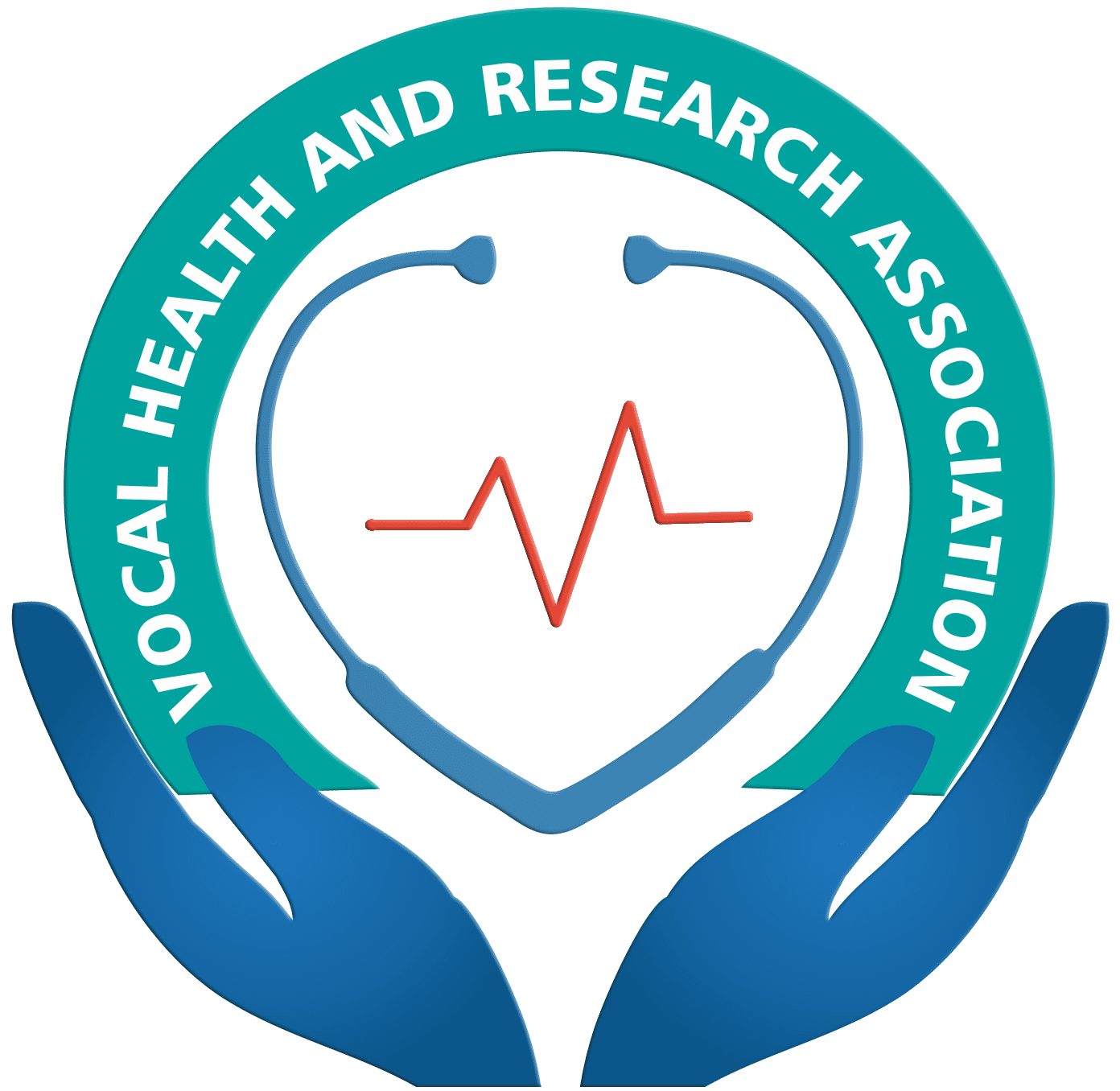Healthcare Delivery
BRINGING CARE TO RURAL COMMUNITIES
GENERAL OPD
Vocal Health and Research Association (VHRA) is committed to providing comprehensive general hospital facilities to rural areas in India. VHRA has identified a number of ways to bring health services to rural areas. This includes setting up general hospital facilities in rural areas, providing training for local health professionals, and developing specialized health clinics. The association also provides education and awareness programs to the locals on health topics such as hygiene and nutrition by organizing healthcare campaigns. In an effort to further strengthen the health care system in rural areas, these OPDs are designed to provide basic medical care to the rural population. The OPDs provide a range of services, including diagnosis and treatment of illnesses and injuries, health education, and preventive care.
EYE CARE
VHRA will also train and employ as an eye technician in each of the rural areas. The goal is to give basic machine handling training for vision checkup checkups requires no special education. Hence, the idea is again to provide an employ population. This eye technician will be responsible for providing essential eye care services to the rural population, including the diagnosis and treatment of common eye diseases and vision problems. The eye technician will also be trained to provide referrals for specialized eye care services, such as ophthalmological surgery or the prescription of glasses. Furthermore, this eye technician will educate the rural population about the importance of regular eye exams and other preventive care measures.
GYNAECOLOGIST AND LAB FACILITIES
VHRA remains steadfast in its commitment to ensuring that each group of five centers is equipped with both a gynecologist and laboratory facilities. This proactive strategy is intended to streamline the accessibility of vital healthcare services for women. With these resources readily accessible, patients will experience expedited and convenient diagnosis and treatment for any health issues related to women's health. This approach ensures that the well-being of women is efficiently prioritized, promoting their overall health and welfare effectively.
FREE SANITARY PADS
Providing free sanitary pads to girls and women in rural areas represents a crucial initiative with far-reaching implications. Access to sanitary pads is indispensable for maintaining proper menstrual hygiene. In the absence of such access, girls and women often resort to using unhygienic substitutes like rags or leaves, which can significantly compromise their health. This makeshift solution increases the risk of infections and other health complications, underscoring the urgent need to ensure the availability of sanitary pads to safeguard the well-being and dignity of women and girls in rural communities.
Maternal and Child Health Services
Maternal and Child Health Services offered by medical non-governmental organizations (NGOs) focus on ensuring the well-being of mothers and children through comprehensive healthcare initiatives. These services encompass prenatal and postnatal care, safe childbirth practices, and the promotion of maternal and child health. Medical NGOs play a crucial role in delivering essential healthcare interventions, including vaccinations, nutrition programs, and education to improve the health outcomes of mothers and children. By providing access to quality healthcare, these organizations contribute significantly to reducing maternal and child mortality rates, addressing health disparities, and promoting overall community well-being.
Rural Community Development
In the realm of Rural Community Development, medical NGOs play a crucial role in uplifting underserved areas by implementing a range of healthcare initiatives, infrastructure projects, and educational programs. Their overarching objective is to improve the overall well-being of rural communities by addressing healthcare disparities and promoting sustainable development. Through these concerted efforts, medical NGOs strive to empower residents with access to essential healthcare services, improve infrastructure, and provide educational opportunities. By focusing on holistic development, they aim to create positive and lasting impacts, ultimately fostering thriving and resilient rural communities.
DENTAL CARE
Dental care holds a significant place in VHRA's dedication to delivering top-notch healthcare services to rural communities. Through the setup of dental Outpatient Departments (OPDs) in rural areas, VHRA aims to extend access to crucial dental care services, thereby uplifting the oral health standards within the rural population. This initiative marks a pivotal stride forward, recognizing the prevalent challenge of restricted dental care accessibility in rural regions, mainly attributable to the steep expenses associated with private dental services.
SAMPLE COLLECTION CENTRE
VHRA also aims to set up a sample collection center in Vocal Swasthya Kendra to ensure the early diagnosis and prevention of acute or chronic diseases. This sample collection center will facilitate the testing of various medical samples, such as blood, urine, and other bodily fluids. This center will provide invaluable assistance to the rural population, as they will be able to receive medical tests without having to travel to distant medical facilities. The sample collection center will be a boon to rural communities, giving them the ability to receive diagnostic tests and preventive measures that can help detect and avoid health issues in a timely manner.
HEALTH CAMPS
VHRA is resolutely committed to orchestrating free health camps in rural areas, recognizing them as vital lifesaving initiatives. These camps are designed to offer free medical and surgical services to impoverished communities residing in both rural and urban settings. Spearheaded by a specialized mobile team from Vocal Swasthya Kendra, equipped with a range of medical expertise, these camps aim to fulfill their overarching objective of delivering initial care to individuals facing life-threatening conditions. Such endeavors underscore the profound commitment to medical ethics, highlighting the unique strengths and goals inherent in providing crucial healthcare services to those in need.
Online Emergency Medical Assistance
Online Emergency Medical Assistance provided by medical NGOs leverages technology to deliver rapid and remote healthcare support. Through virtual platforms, these organizations offer real-time consultations, medical advice, and emergency response coordination. This online approach enables immediate access to medical expertise, especially in situations where physical presence may be challenging. Whether in crisis situations, remote locations, or during a global health emergency, online assistance enhances the reach and efficiency of emergency medical services, saving lives and improving outcomes.
Mental Health Services
Within the realm of Mental Health Services, medical NGOs serve as indispensable pillars, offering vital support through counseling, stigma reduction, and awareness campaigns. Their multifaceted approach is instrumental in addressing the psychological well-being of communities, effectively integrating mental health into overarching healthcare strategies aimed at fostering holistic well-being. Through their concerted efforts, these organizations play a pivotal role in ensuring that individuals receive the necessary support and resources to navigate mental health challenges, ultimately promoting resilience and overall wellness within communities.
Rural Health Education
Medical NGOs play a pivotal role in rural health education, spearheading targeted programs aimed at raising awareness and disseminating essential health knowledge in underserved areas. These initiatives are meticulously designed to promote preventive healthcare practices and deliver vital information on sanitation, nutrition, and disease prevention. By empowering rural communities with comprehensive health education, these NGOs contribute significantly to enhancing well-being and healthcare outcomes in remote areas. Through their proactive efforts, they foster a culture of health consciousness and equip individuals with the tools and knowledge needed to lead healthier lives, ultimately driving positive change and sustainable development in rural communities.
PHARMACIST
VHRA recognizes the pivotal role of pharmacists in ensuring comprehensive healthcare delivery to rural communities. Therefore, VHRA will enlist pharmacists as part of its staff to facilitate the accurate dispensing of medications prescribed by physicians and to offer guidance on their appropriate usage and storage. Furthermore, these pharmacists will be readily accessible to address any queries patients may have regarding their medications. They will also collaborate with nurses to ensure that patients receive the correct dosages as prescribed. By integrating pharmacists into its healthcare framework, VHRA aims to provide rural residents with holistic healthcare services, thereby obviating the need for them to seek basic medical assistance in urban centers.
ONLINE CONSULTANCY
The Vocal Health and Research Association (VHRA) is strategically embarking on a mission to offer online medical consultations tailored to rural populations. This comprehensive initiative will provide patients with a holistic solution, comprising test facilities, doctor consultations, and medication prescriptions, all accessible through a single platform. VHRA's overarching goal is to champion the "Digital India" movement by spearheading digital medical services, effectively mitigating medical expenses while significantly enhancing healthcare accessibility, with a special emphasis on addressing the needs of women in underserved rural areas.
RESEARCH
VHRA is embarking on a research program aimed at gathering data from Vocal Swasthya Kendra. This initiative holds the potential to yield crucial insights into various aspects of healthcare, including disease trends, risk factors, treatment outcomes, and the effectiveness of public health interventions. Moreover, the research will shed light on functional abilities, care patterns, and healthcare costs and utilization. By employing diverse research methodologies, such as quantitative and qualitative approaches, the program aims to offer complementary insights that enrich our understanding of healthcare dynamics and contribute to informed decision-making in the realm of public health.
NURSING STAFF
In addition to its endeavors, VHRA is committed to deploying professional nursing staff at general healthcare centers to uphold the standard of healthcare services. These skilled professionals will play a pivotal role in supporting doctors by aiding in disease diagnosis and treatment procedures. Moreover, they will actively engage in imparting general health education to patients, thereby empowering them with valuable knowledge for maintaining their well-being. This strategic deployment of nursing staff underscores VHRA's dedication to ensuring comprehensive and high-quality healthcare delivery within general healthcare centers.
Health Infrastructure Development
Health Infrastructure Development stands as a central focus for medical NGOs, entailing the establishment and enhancement of vital healthcare facilities such as hospitals and clinics. Through their efforts, these organizations play a pivotal role in bolstering and expanding healthcare infrastructure, thereby ensuring that communities have access to essential resources for quality medical care. By investing in the development of robust healthcare infrastructure, medical NGOs strive to enhance overall health outcomes and foster a healthier future for the communities they serve.
Disease Prevention and Control
VHRA assumes a leading role in Disease Prevention and Control by orchestrating extensive awareness campaigns focused on infectious diseases and advocating for preventive measures. However, their efforts extend beyond mere awareness-raising; VHRA actively implements targeted programs aimed at controlling and eradicating specific diseases, such as HIV/AIDS, malaria, and tuberculosis. Through these proactive initiatives, VHRA significantly enhances public health outcomes on a global scale, contributing to the global fight against infectious diseases and fostering healthier communities worldwide.

